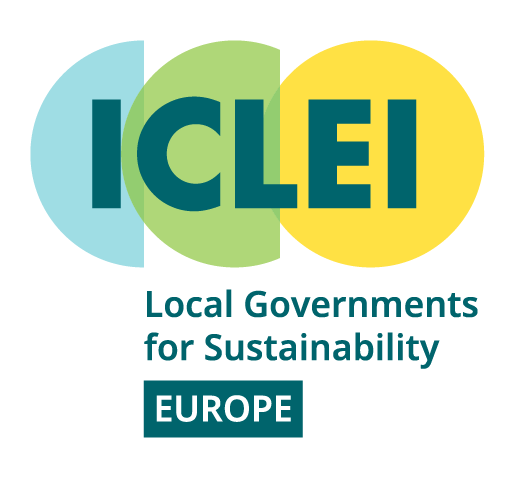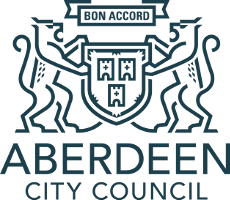19 September 2021
Path of least resistance - social innovation insights from SMARTEES towards sustainable energy and mobility transitions
The SMARTEES final conference on 14th September gathered experts in the field of social innovation in sustainable transitions together to discuss the project outcomes, replication and how the research field should be shaped in the future.
The conference brought to the fore how social innovation is key in achieving the environmental, economic, digital, cultural, sovereignty, and democratic goals of the European Commission. Projects like SMARTEES are crucial to bring about an EU-wide energy and mobility transition as they combine interdisciplinary research with a robust empirical component.
What is the path of least resistance? Experts at the conference, from cities and academia alike, agreed that gradual changes coupled with constant dialogue throughout the social innovation process, results in more acceptance of mobility and energy transitions. For example Groningen introduced temporary car-free days into an area so citizens could test out how things worked in practice and notice the benefits first hand. In Samsø people had initially resisted the idea of windmills, so as to preserve the pristine environment, but through citizen led campaigns and open dialogue, the island transitioned to 100% renewable energy stemming from the islands own supply. Trust, transparency and long-term planning were crucial according to the experts in social innovation processes.
When planning for a social innovation one needs to ensure that the existing conditions (marker, policy, economic) allow for the planned social innovation in the first place, and then inform and involve citizens. Throughout the process flexibility is key, and embracing necessary changes as conditions might shift. Social innovation processes should be just, in order to achieve lasting change. Decision makers need to look at which groups are engaged and who is left out, and how to approach them. For example, top-down approaches have not worked well for marginalised communities.
Through holistic studies SMARTEES research has proven that even if conditions are different, certain common dynamics can be identified, helping to inform decision making on the policy level and inspire them. The project findings are channelled to a simulation tool utilising agent-based modelling (ABM), that participants got to test during the conference. SMARTEES city representatives found the ABM done during the project useful in planning and replicating energy- and mobility transitions in other districts. Further the SMARTEES ABM has helped to develop scientific approaches and the creation of successful awareness campaigns.
Stay tuned for the SMARTEES Policy Sandbox Tool launching in October! It will enable users to test out different scenarios by adjusting variants to explore what leads to a sustainable transition that citizens are on board with in different contexts. The case-studies and methodologies used in the tool, stem from SMARTEES robust interdisciplinary research. Read more about the SMARTEES final conference key findings here.
SMARTEES Final Conference Speakers and Panelists: Cisca Wijmenga, the Rector of the University of Groningen; Christian A.Klöckner the SMARTEES Coordinator; Christiana Marchitelli, DG Energy European Commission; Terry Albronda, Groningen City Council; Søren Hermanssen, Samsø Energy Academy; Mai Muhammad, Aberdeen City Council; Juan Carlos-Escudero, Municipality of Vitoria-Gasteiz; Trevor Graham, Urban Island; Gabriele Quinti, Knowledge and Innovation; Adina Dumitru, University of a Coruna; Erica Löfström, NTNU; Giuseppe Pellegrini Masini, NTNU; Flor Avelino, DRIFT for transition; Wander Jager, University of Groningen; Maria Amparo Alonso Batanzos, University a Coruna; Gary Polhill, James Hutton Institute; Petra Ahrweiler, the Johannes Gutenberg University, President of the European Social Simulation Association; Loues Bouman, University of Groningen; Niklas Mischowski, Officer Governance and Social innovation, ICLEI Europe; Elma Meskovic, Officer Governance and Social innovation, ICLEI Europe; Silvia Casorran Martos, City of Barcelona














